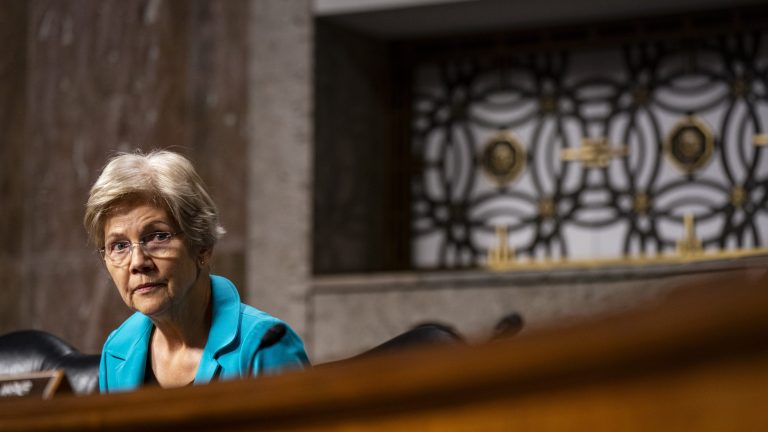The Federal Communications Commission's plan to investigate and potentially regulate data caps is all but dead now, after President-elect Donald Trump's announcement that he will promote Commissioner Brendan Carr to the chairmanship role.
The FCC last month voted 3–2 to open a formal inquiry into how broadband data caps affect consumers and whether the commission has authority to regulate how Internet service providers impose such caps. The proceeding is continuing for now, as the FCC comment and reply comment deadlines are November 14 and December 2. You can view the docket here.
Broadband industry lobby groups knew they would face no possibility of data-cap regulation once Trump won the election. But they submitted their comments late last week, making the case that data caps are good for customers and that the FCC has no authority to regulate them—the same arguments that Carr made when he dissented from the vote to open an inquiry.
NCTA—The Internet & Television Association, representing cable firms including Comcast and Charter, told the FCC that what ISPs call "usage-based pricing" expands options for consumers and promotes competition and network investment. NCTA claimed that the offering of plans with data caps "reflects the highly competitive environment as providers seek to distinguish their offers from their competitors'."
Cable firms: Usage-based pricing does no harm
Data caps enable "innovative plans at lower monthly rates," the lobby group said. The NCTA also wrote:
Usage-based pricing is a widely accepted pricing model used not only for communications services, but also for the sale of many other categories of goods and services. Such consumption-based pricing equitably and efficiently ensures that consumers who use goods or services the most pay more than those that do not. Indeed, in the communications context, the notion that requiring very heavy users of a service to pay more than light users has long been determined to be a reasonable pricing structure. It would be economically unsound to prohibit broadband providers from engaging in usage-based pricing in the absence of any harm caused by such practices.
Carr and fellow FCC Republican Nathan Simington made similar arguments when they dissented from last month's vote to open an inquiry. Carr blasted what he called "the Biden-Harris Administration's inexorable march towards rate regulation," and said that "prohibiting customers from choosing to purchase plans with data caps—which are more affordable than unlimited ones—necessarily regulates the service rates they are paying for."



 Loading comments...
Loading comments...
